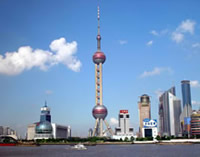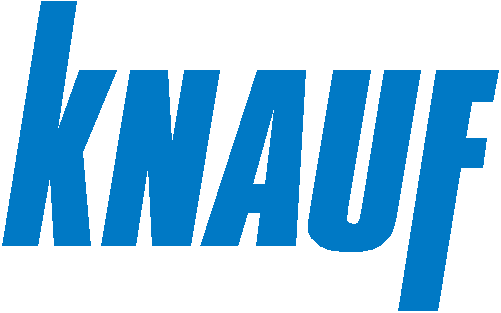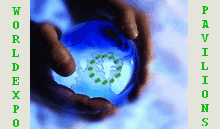|
|


ADVERTISEMENT
Buy Your own advertising
spaces!
.
Download Adobe Acrobat Reader to open [PDF] files.
Recent Visitors
Knauf's plasterboard makes buildings greener
2010. 19 May
 Global leading building materials manufacturer Knauf has been recognized for its long-term commitment in providing environmentally friendly building materials used by international participants at the World Expo 2010 in Shanghai.
Global leading building materials manufacturer Knauf has been recognized for its long-term commitment in providing environmentally friendly building materials used by international participants at the World Expo 2010 in Shanghai.
(english.people.com.cn)
Knauf Plasterboard (Wuhu), a German invested firm, was selected to supply plasterboard products to 15 pavilions at the 2010 World Expo, including the World Expo Center, the US Pavilion and the Australian Pavilion.
"Our plasterboard products are amazingly environmentally friendly from the use of recycled paper right through to the use of "green" gypsum, or flue-gas-desulfurization (FGD) gypsum, which is a key raw material in our plasterboard production," said Mark Norris, Commercial Director China.
Flue-gas-desulfurization is a process that removes sulphur dioxide from the exhaust gases produced by power plants, thereby minimizing disruption to the environment as the captured gases are fed into a gas absorber and scrubbed clean.
Meanwhile, Knauf is the exclusive supplier of plasterboard systems used in the construction of the iconic German Pavilion.
In the case of the German Pavilion, its design concept presents visitors a "balancity" - a newly coined word by combing balance and city, signifying a city in balance and the balance between mankind and the environment.
Knauf Plasterboard (Wuhu) worked with the German pavilion organizers from the planning stage, and from the outset the team was challenged to develop innovative construction solutions to meet the designers' requirements.
"The German Pavilion design team had very specific domestic and international requirements for the pavilion," said Mark Norris.
"The exterior of the pavilion needed to be waterproof, curved and lightweight, while the interior of the pavilion was designed to contain interactive areas which required acoustically advanced materials to ensure visitors to the German Pavilion could experience the full effect that the design team set out for it to achieve."
"Our team met the challenge head-on. We developed, produced and installed advanced plasterboard systems that met the unique design requirements. We're excited to have been able to help realize the designers' vision," said Mark Norris.
Apart from supplying environmentally friendly building materials, Knauf has been committed to providing advanced plasterboard system solutions to meet the unique designs and characteristics of the enormously varied national pavilions.
Knauf Plasterboard (Wuhu) delivers some of the most advanced plasterboard products and systems to customers across China.
Knauf has made a concerted focus to develop sustainable building materials and solutions to aid the creation of a balanced city and help bring balance to the community.
Mark Norris noted that beyond the Shanghai Expo the firm will focus on promoting safe global best practices in the recycling of building materials - especially those used within the Shanghai Expo site itself.
Knauf was established in 1932 in Germany by Alfons Knauf and Karl Knauf and began producing gypsum boards in 1958.
Its relationship with China dates back to the late 1970s when it started supplying advanced equipment to local companies.
Since that time it has remained at the forefront of the industry with innovative solutions - from the development of environmental production processes to customized system solutions.
"We hope that the strong use of plasterboard systems and new sustainable building materials across the national pavilions will draw attention from those attending the Shanghai Expo and inspire the domestic market to use such materials," said Mark Norris.
China Daily
Source: english.people.com.cn


